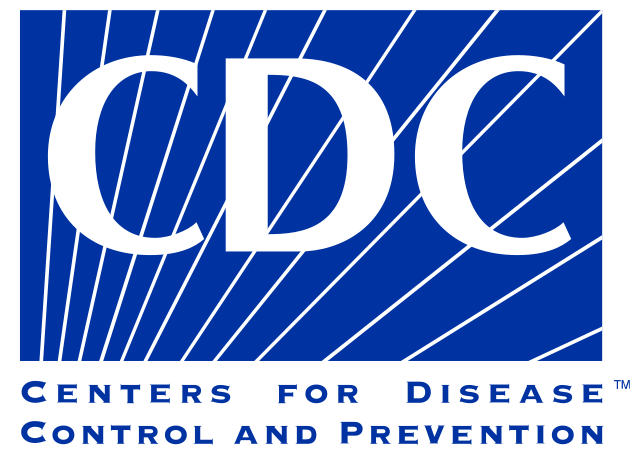Gonorrhea is a sexually transmitted infection (STI) caused by the bacterium Neisseria gonorrhoeae. It can affect both men and women and can lead to a range of complications if left untreated. Here are the effective treatment options for gonorrhea infections:
Treatment Guidelines:
- Antibiotics: The primary treatment for gonorrhea is antibiotics. However, it’s essential to use antibiotics that are effective against the specific strain of Neisseria gonorrhoeae. The choice of antibiotic may depend on local resistance patterns and individual factors. As of my last knowledge update in September 2021, the Centers for Disease Control and Prevention (CDC) recommended the use of dual therapy, which typically involves two antibiotics to increase treatment effectiveness.

- Common Antibiotics: The most commonly used antibiotics for gonorrhea treatment include ceftriaxone (injected) and azithromycin (oral). These antibiotics are effective against many strains of the bacteria.
- Follow Medical Advice: It’s crucial to follow your healthcare provider’s advice regarding the choice of antibiotics, the dosing regimen, and the full course of treatment. Do not stop taking antibiotics early, even if symptoms improve.
- Rescreening: After treatment, individuals should be retested to confirm that the infection has cleared. This is important because strains of gonorrhea can become resistant to antibiotics, and retreatment may be necessary if the infection persists.
Additional Considerations:
- Sexual Partners: Sexual partners who may have been exposed to gonorrhea should also be tested and, if necessary, treated. This is to prevent reinfection.
- Reinfection Prevention: To prevent reinfection, individuals should abstain from sexual activity until they and their partner(s) have completed treatment, received negative test results, and continue practicing safe sex (use of condoms) consistently.
- Testing for Other STIs: Gonorrhea is often found in conjunction with other STIs, such as chlamydia. Testing for and, if necessary, treating other STIs is essential.
- Resistant Strains: The emergence of antibiotic-resistant strains of gonorrhea is a growing concern. As such, it’s important for healthcare providers to stay informed about the latest treatment guidelines and antibiotic resistance patterns in their region.
- Pregnant Women: Pregnant women with gonorrhea should receive appropriate antibiotic treatment to prevent complications and the transmission of the infection to the newborn.
Gonorrhea is a treatable infection, but early diagnosis and proper treatment are essential to prevent complications and the spread of the disease. If you suspect you have gonorrhea or have been exposed to it, seek medical care and testing promptly. It’s important to follow your healthcare provider’s advice regarding treatment and prevention. Please note that treatment guidelines may have evolved since my last update in September 2021, so consult with a healthcare professional for the most current information.












